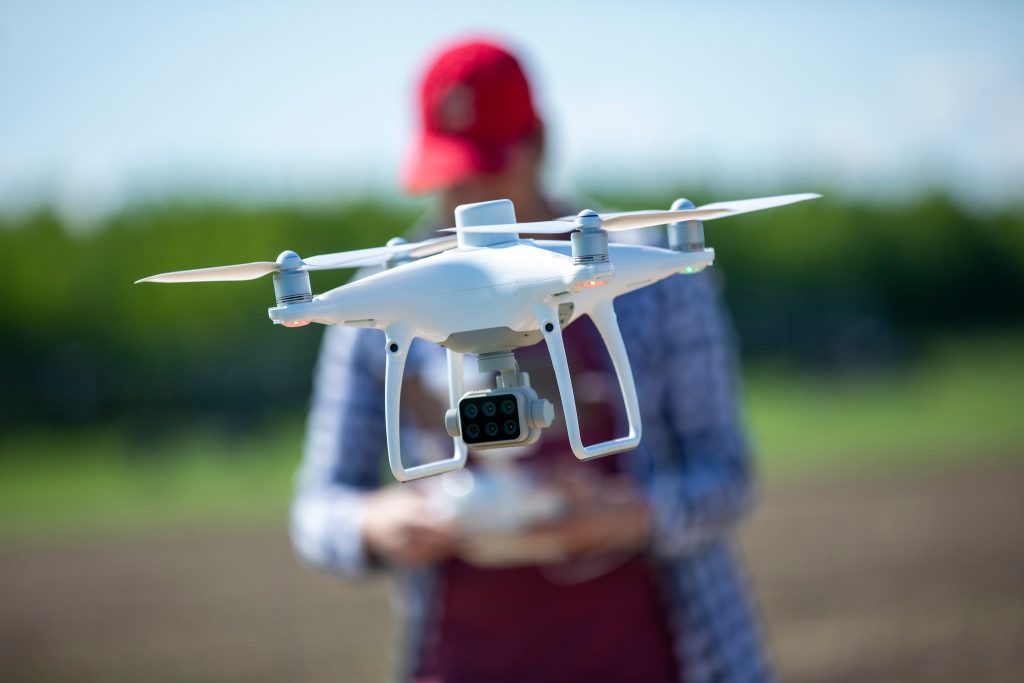Department of Plant and Agroecosystem Sciences launches MS and PhD programs in plant science and technology

The Department of Plant and Agroecosystem Sciences (PAS) in the College of Agricultural and Life Sciences recently received approval from the UW Board of Regents to launch a master’s program and a PhD program in plant science and technology. The new graduate programs dive deep into the science and cutting-edge technologies behind growing the world’s food, fuel, and fiber and prepare students to lead the future of sustainable agriculture. Students can begin the programs in fall 2025.
In 2023, the Department of Agronomy and the Department of Horticulture merged to form PAS. The new plant science and technology graduate programs will replace previous MS and PhD programs in agronomy and horticulture. The unified programs will support the educational and research missions of the new PAS department, robustly represent the field and faculty expertise, and better serve students and their career goals.
“Our new plant science and technology programs are thoughtfully designed to open doors for students and equip them with the skills and knowledge they need to succeed in their careers,” says Amaya Atucha, professor, extension specialist and chair of PAS.
These newly integrated programs explore how plants function and interact with their environments, from the cellular level to entire ecosystems. Students will discover how agricultural plants contribute to food, fuel, fiber, aesthetic value and human well-being, while gaining hands-on experience with the latest technologies in agronomy, horticulture, crop production, physiology, and pest and weed management. The dynamic, interdisciplinary approach is designed to prepare future leaders in plant science.
“We’re working to ensure that our academic programs are meeting the needs of industry and innovations in technology,” says Atucha. “Our coursework is designed to reflect the dynamic intersection of crop production and technology innovation.”
The new plant science and technology programs are designed to stand out to both students and employers. With agricultural and food science careers projected to grow faster than average over the next decade, graduates will be well positioned for success across a wide range of fields. Whether pursuing research, outreach, non-profit work or consulting, students will be prepared to make contributions in both the public and private sectors. Career paths may include roles such as crop consultant, research scientist, agronomist, greenhouse manager, climate-smart agriculture advisor or precision agriculture specialist.

